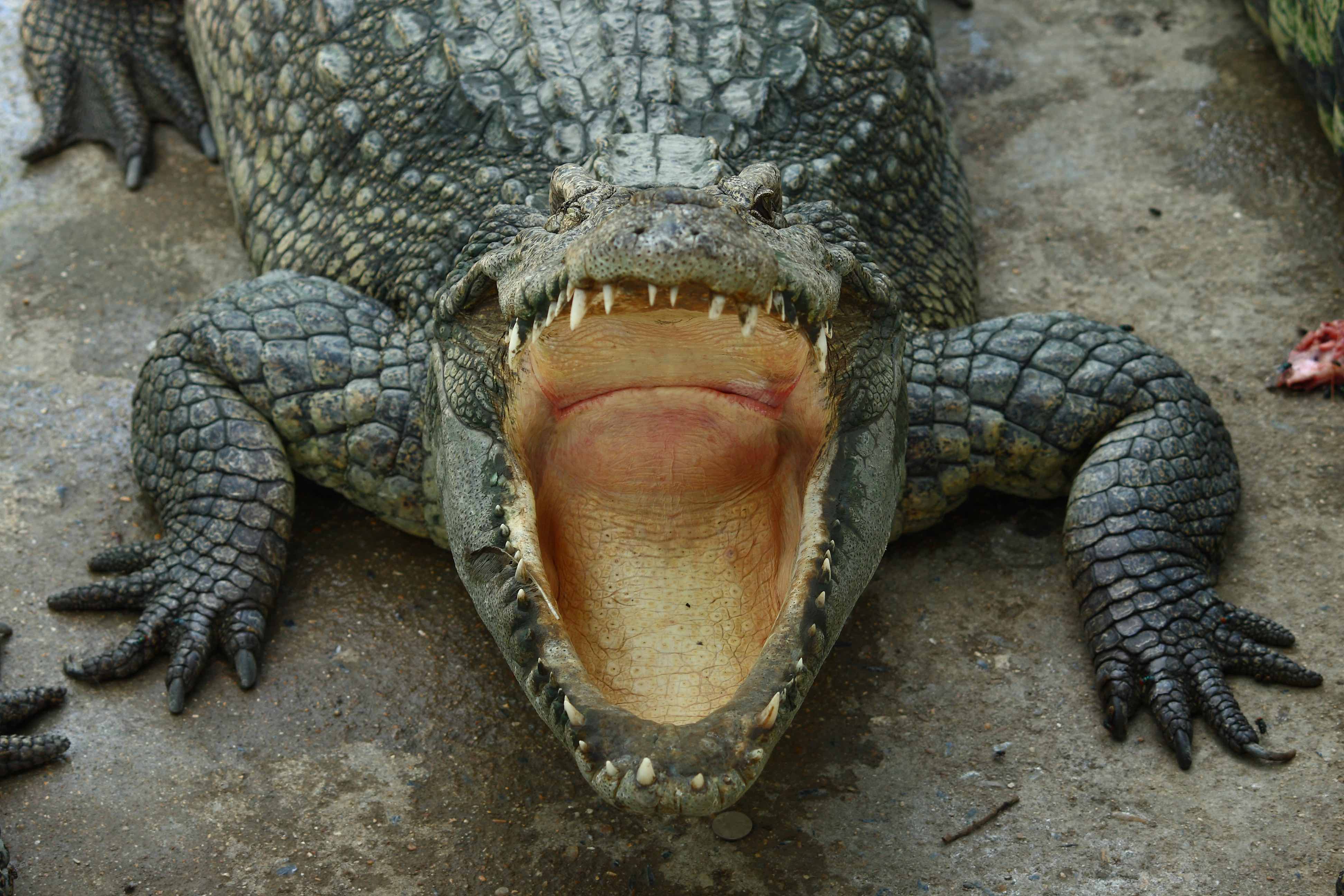Ian Malcolm’s biggest fear from Jurassic Park has apparently come true in a female crocodile that has been sequestered in captivity for the past 16 years. The crocodile was taken to a zoo in Costa Rica in 2002 and has remained there alone all this time, which is why zookeepers were baffled to find 14 virgin-birthed eggs back in the enclosure back in 2018.
While none of the eggs hatched, one did develop into a fully formed fetus. The researchers say that the change is evidence of how evolutionary ancestors such as dinosaurs may have also been capable of self-reproduction.
The idea of self-reproduction isn’t exactly new, either. As Treehugger notes, this kind of change has been seen in sharks and other animals that are sequestered from male interaction for long periods. Further, some animals reproduce asexually, never requiring a creature of the opposite sex to reproduce.

Further investigations into the fetus’s heart showed that it shared a 99.9 percent genetic match with the DNA taken from the mother’s shed skin, confirming that the virgin-birthed crocodile eggs were indeed conceived without a father present.
Virgin birth in animals is also known as facultative parthenogenesis and has been documented in several species of fish, lizards, and birds, like the sharks I mentioned above. However, this is the first time scientists have discovered this trait in American crocodiles. This particular event appears to happen when a species faces a difficult condition. Often that condition is associated with environmental stress or the lack of mates.
In this case, the lack of male contact could have pushed the way that the crocodile gives birth to work without needing a male to help move things along. No matter the reasoning, it’s intriguing to see something like this happen, especially in a crocodile that has been alone for so long. The research on the discovery can be found published in the journal Biology Letters.
These virgin-birthed crocodile eggs aren’t the last time that evolution will baffle or surprise us. Scientists also recently discovered that marsupial evolution is much further along than we previously thought.








